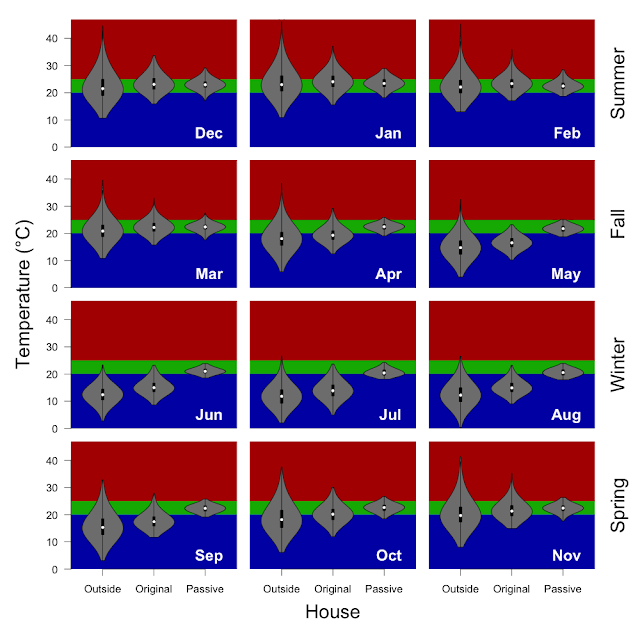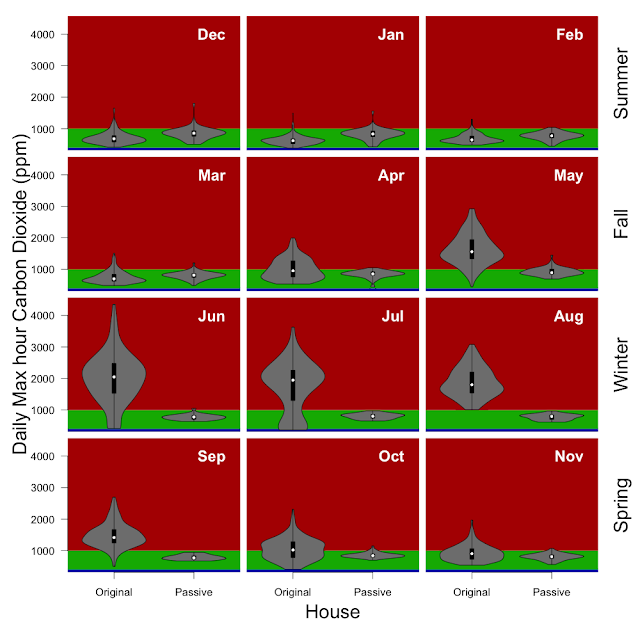Batteries
We did it. It is not clear that the batteries will save us money, although with the way electrical prices are going, they might, and it isn't clear that they won't save us money either. At some point, we wanted to be part of the solution, so the likely breakeven-ish economics were good enough. Call it an investment in the future stability and sustainability of the Australian electricity grid.
In terms of economics. Relative to my last statement on the topic, back in 2021, four years is a long time. Batteries have gotten better, the cost of electricity is up (and demand pricing has arrived), solar feed-in tariffs are down, and NSW has a battery rebate at the moment.
The cost of electricity has become increasingly complicated, making modeling costs/savings more tedious as the costs vary by time of day with times of day changing seasonally. Which also means there are more ways that electricity costs will likely change in the future. Minimally, with the battery system, we should be freed from the demand pricing model that is the biggest driver of the variation in our electricity bill (the daily connection fee is still one of the biggest line items in our bill, but going off grid is cost prohibitive). The purpose of the NSW battery rebate and the demand pricing system is to incentivise consumers (that would be us) to minimise our energy needs during peak periods, and the batteries will do that. While the future is uncertain, I predict that electricity prices will increasingly be used to incentivise consumers to smooth out their electricity demand. Our small contribution to improving the stability of the electrical grid.
We did a few things to prepare for the batteries as well as prepare for a future electric vehicle. We re-routed the main powerline through the garage to allow for the installation of the batteries as well as future-proofing EV charging infrastructure. We took advantage of the required trenching and running conduit to also run conduit for Ethernet to the garage (kind of important when the house is a very effective Faraday cage) and a couple of spare conduits for future needs.
We decided on Enphase IQ Batteries. We have an Enphase solar system, and I have had a series of very good interactions with Penrith Solar Centre. I am not a big fan of the other major battery company at the moment. The Enphase IQ Batteries have some very nice features (the safety and reliability of Lithium Iron Phosphate chemistry, the redundancy and scalability of microinverters, seamless software and hardware integration with our existing solar panel setup, black start / microgrid functionality, and a 15-year / 6000-cycle warranty).
Details of the system: 2 x Enphase IQ Battery 5P (10kWh total storage) configured to provide total home backup and to enable our solar system to recharge the batteries and power the house when the grid is down.
It was only installed today, but I'll be making some tweaks to my monthly reports and I'll report back when I have some experience with the system.



